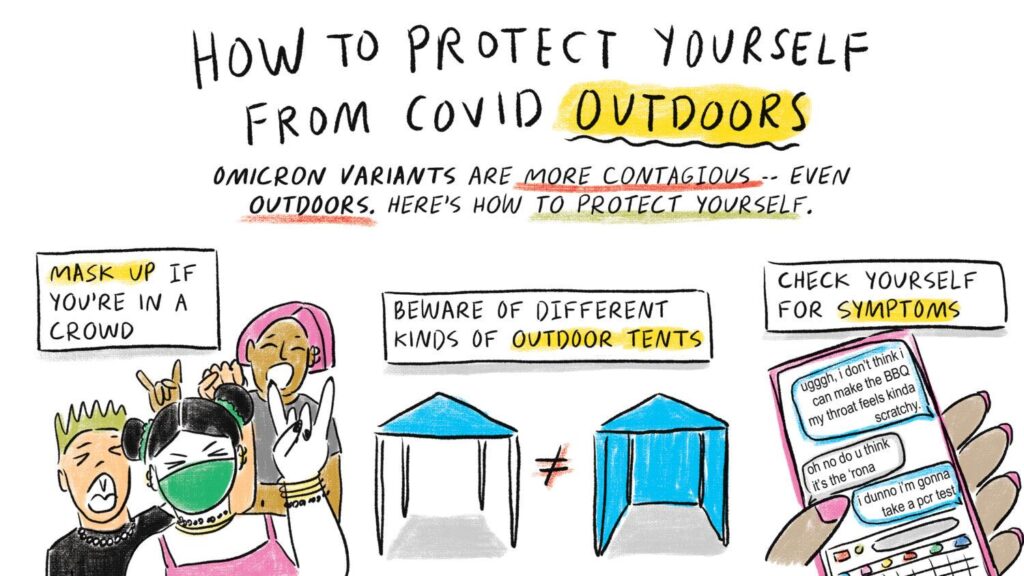Urgent Response Required as Measles Outbreak Ravages East Java
East Java, Indonesia, is grappling with a critical measles outbreak that has claimed 17 lives to date. This highly contagious viral infection continues to spread rapidly among both children and adults throughout the province. Health authorities are investigating the underlying factors contributing to this surge, noting that a significant number of fatalities have occurred in unvaccinated individuals. The crisis exposes not only insufficient immunization coverage but also highlights persistent challenges such as vaccine hesitancy and limited access to healthcare services in remote areas.
In light of this escalating health emergency, local officials have ramped up vaccination campaigns and launched extensive public education programs aimed at combating misinformation about vaccines. Key measures being implemented include:
- Enhancing outreach efforts focused on isolated and underserved populations.
- Deploying mobile vaccination units to reach rural communities lacking healthcare infrastructure.
- Conducting targeted awareness drives designed to dispel myths surrounding vaccine safety and efficacy.
| Indicator | Latest Data |
|---|---|
| Total Confirmed Cases | 250+ |
| Total Deaths Reported | 17 |
| Vaccination Coverage Among Children (%) | 45% |
| Disease Outbreak Duration (Days) | 30 |
Overcoming Vaccine Reluctance: Essential for Containment Efforts
The current measles epidemic has brought renewed attention to Indonesia’s ongoing battle against vaccine hesitancy-a major obstacle hindering herd immunity achievement. Despite government initiatives, widespread skepticism fueled by misinformation, cultural misconceptions, and distrust toward pharmaceutical interventions continues to impede vaccination efforts. Conventional communication channels have struggled to effectively engage hesitant communities or counteract false claims regarding immunization risks.
The Indonesian government has therefore adopted a comprehensive approach aimed at increasing vaccine acceptance among vulnerable groups through:
- A broad media campaign utilizing television broadcasts, radio spots, and social media platforms emphasizing the dangers of measles alongside benefits of immunization.
- Collaborations with influential community leaders who serve as trusted advocates promoting vaccination within their local networks.
- Implementation of school-based inoculation programs ensuring timely vaccinations for children residing in hard-to-reach regions. li >
< /ul >< th >Region< /th >< th >Reported Measles Cases< /th >< th >Vaccination Coverage (%)< /th > tr >
< /thead >< td >East Java< / td >< td >250+< / td >< td >70%< / td > tr > < td >Bali< / td >< td >30< / td >< td >80%< / td > tr > < td >West Java< / td >< td 150+ tr > tbody > table Enhancing Awareness Campaigns and Immunization Strategies Against Measles Transmission
< /h2 >The devastating impact of East Java’s measle outbreak-with over two hundred confirmed cases accompanied by seventeen deaths-has galvanized public health experts into calling for urgent action combining intensified educational outreach with expanded vaccination coverage. These dual strategies are crucial not only for curbing ongoing transmission but also for establishing durable immunity within affected populations.
Combatting misinformation remains paramount; thus experts advocate multi-sectoral collaboration involving:- Civic Engagement Initiatives: Empowering local influencers as credible sources disseminating accurate information on measle prevention through vaccines. li >
- Digital Communication Drives: Leveraging social media platforms strategically — to debunk myths while encouraging adherence to recommended immunization schedules. li >
- School-Based Vaccination Programs: Coordinating with educational institutions ensures children receive timely doses essential for protection.& nbsp; li >
< /ul >
Description Value Confirmed Cases 250+ Deaths
17 Vaccination Rate (%)
60% Most Vulnerable Group
Children under five years old If immediate steps are not taken both to increase vaccine uptake rates and improve community education efforts, a continued rise in infections could place further strain on already burdened healthcare facilities. Experts emphasize that an integrated response involving government agencies, civil society organizations, and grassroots stakeholders is vital to protect lives from preventable diseases like measle.
Final Thoughts: Collaborative Efforts Are Vital To Halt The Measles Outbreak
As Indonesia confronts the severe consequences stemming from its recent East Java measle crisis claiming seventeen lives, a renewed commitment toward widespread vaccinations combined with focused awareness campaigns is imperative.
This outbreak starkly illustrates why maintaining high immunization rates must remain a top priority especially among high-risk groups.
Through unified action between governmental bodies, healthcare professionals, societal leaders,and citizens,
there is optimism that further transmission can be swiftly contained.
Ultimately,
prevention via effective vaccination stands as our most powerful defense against contagious illnesses such as measle.

